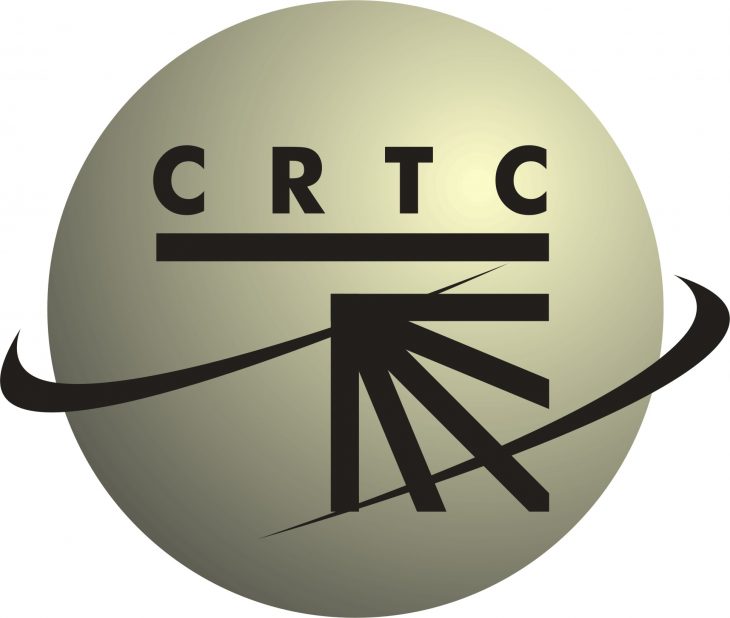
TORONTO – Canada’s three big private broadcasters, Bell Media, Corus Entertainment, and Rogers Media, have petitioned the CRTC to exempt them from providing described video to non-Canadian programs received less than 72 hours prior to broadcast without described video.
The Canadian National Institute for the Blind is not happy.
This would be contrary to a mandate from the CRTC where broadcasters were told to provide described video for all shows during prime-time hours starting in September 2019.
TVA has asked the CRTC to relax their conditions, too.
In 2015, the CRTC announced plans to increase the availability of described video and mandated that certain Canadian broadcasters provide four hours of described video per day during prime time (7 to 11 p.m.) by September 2019.
"Canadian broadcasters should have been working to find solutions instead of petitioning the Commission to amend their conditions of license in the final months," said CNIB's president and CEO John Rafferty in a press release. "If Canadian broadcasters do not specify in their procurement policies that they require described video upon delivery of programming from the United States, then it is unreasonable for Canadian broadcasters to expect acquired programming to contain described video."
"Requiring more video-described programming in Canada will also increase the availability of this programming in the United States, since television producers here will need to include description to comply with the Canadian mandate," added Mark Riccobono, president of the National Federation of the Blind (NFB), in the same release.
For the 1.5 million Canadians who are blind or partially sighted, described video is not just a way to access entertainment. It levels the societal playing field by allowing everyone to enjoy popular culture and participate in "water cooler" conversations of the day instead of being excluded due to content not being described, adds the CNIB release.
"Four hours of described video during prime-time hours is already insufficient and relaxing the conditions of described video further removes people with sight loss from accessible broadcasts,” added Rafferty.
Canadians who are blind or partially sighted pay the same subscription rates as other Canadians and as such are entitled to a viewing experience that meets their accessibility needs. Similar accommodations have been made for audience members who are deaf or hard of hearing. One hundred percent of all Canadian content must include closed captioning, notes the release
The CNIB Foundation is urging Canadians to share their views with the CRTC on whether the conditions of licence for Bell Media Inc., Corus Entertainment Inc. and Rogers Media Inc. should be amended.
The CNIB is encouraging Canadians to submit an intervention with the CRTC or visit cnib.ca/dv. The deadline to submit an intervention is 8 p.m. on May 16, 2019, which is also Global Accessibility Awareness Day – a day that focuses on access and inclusion for people with different disabilities.



